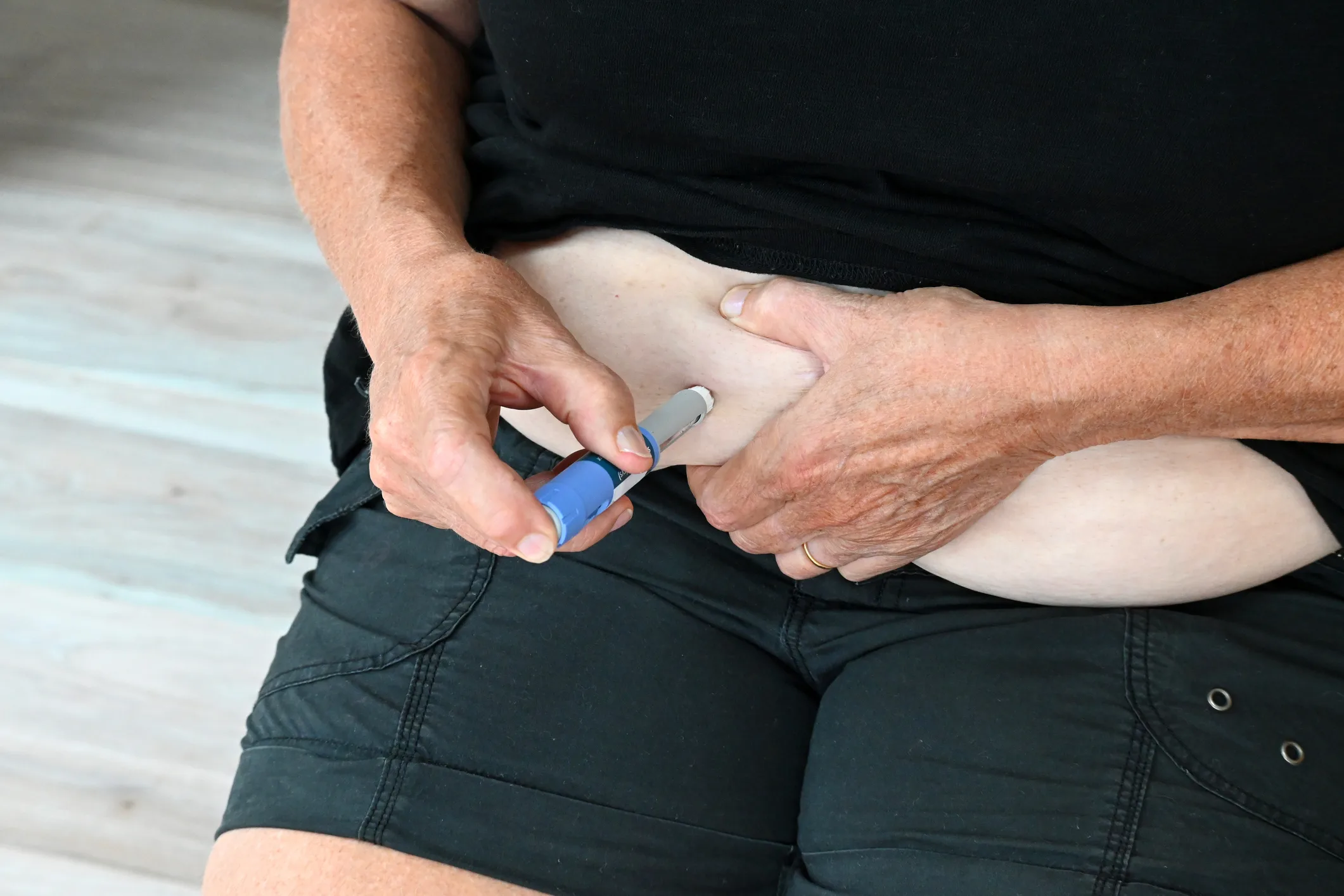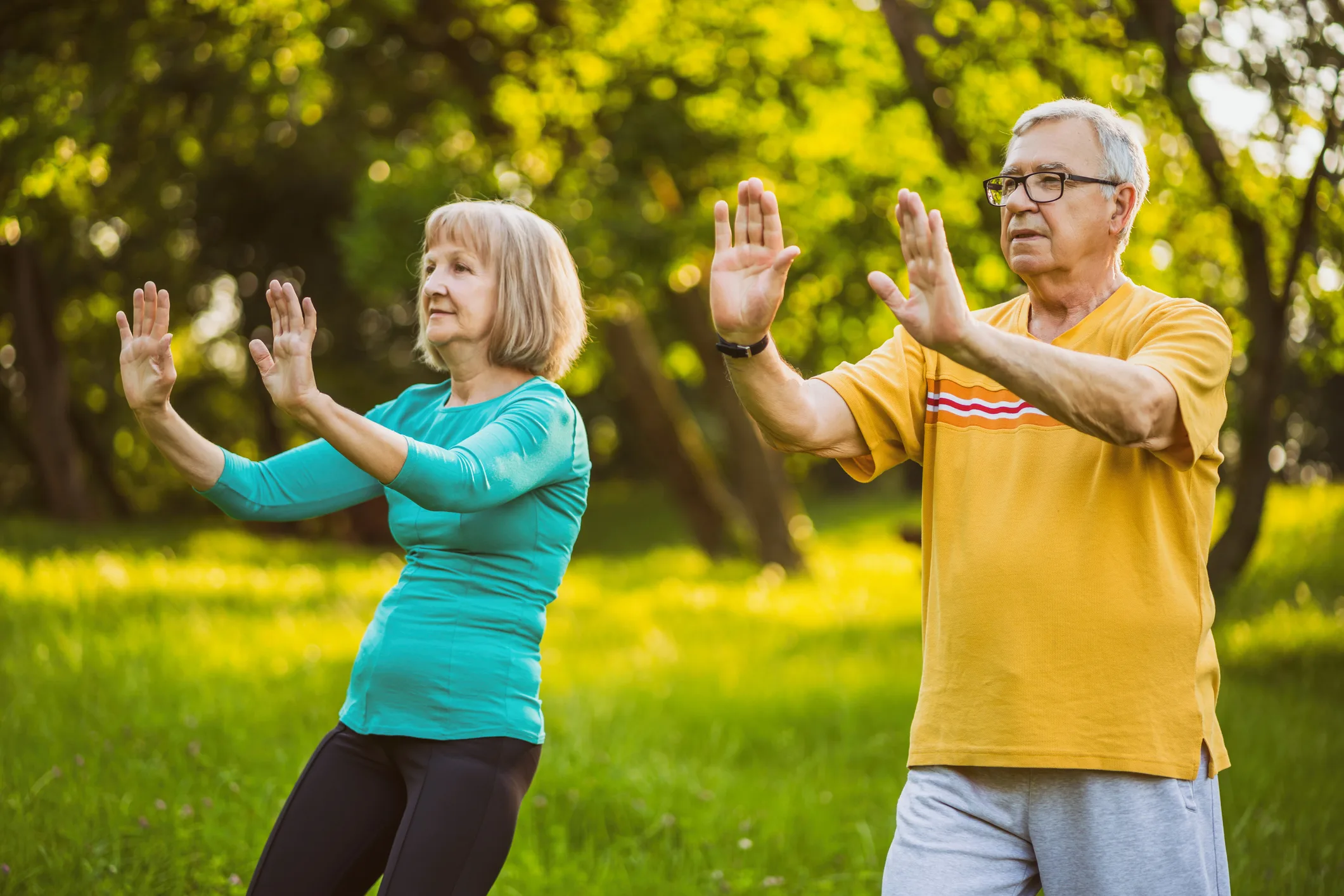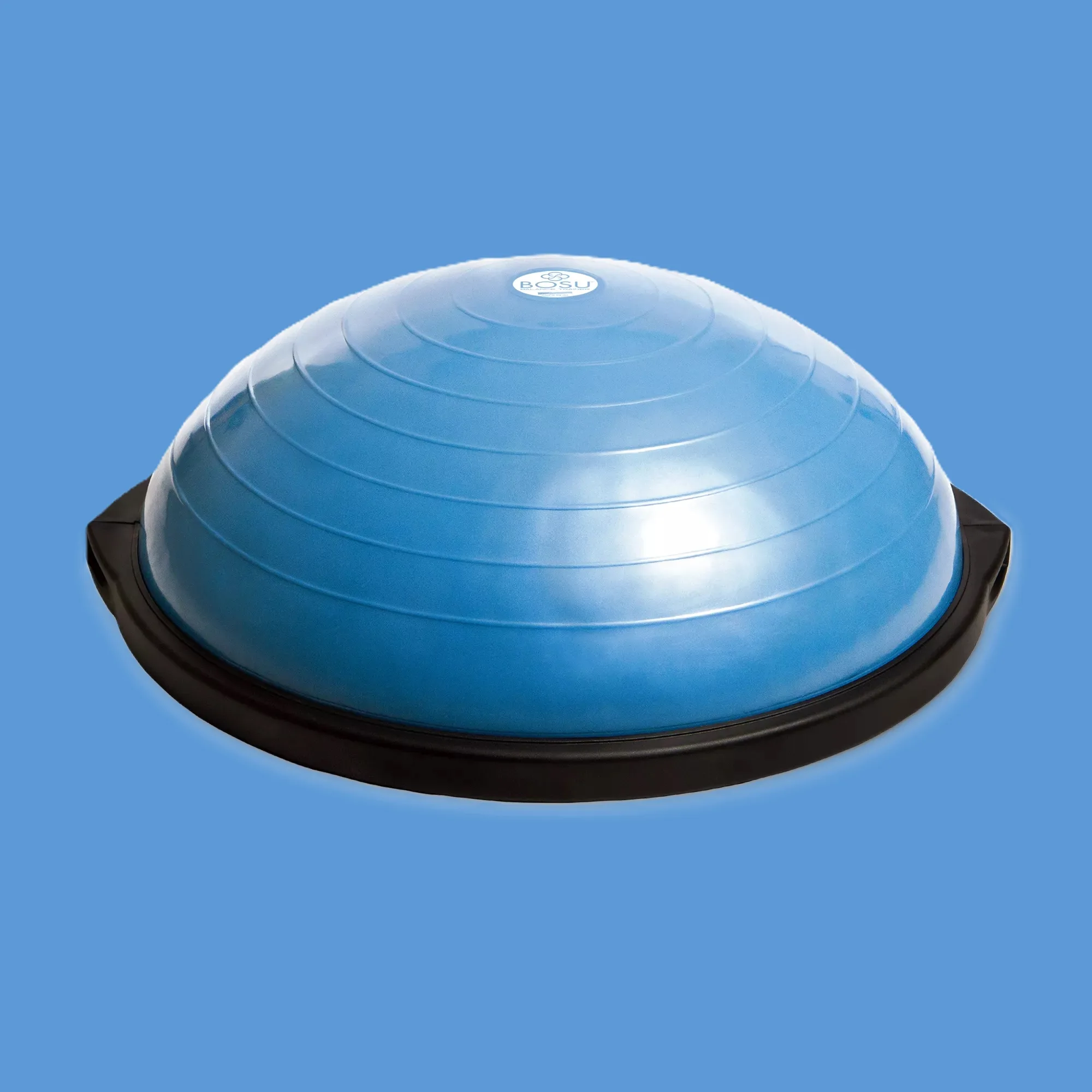In previous articles we discussed how balancing on one leg for as long as you can is a good indicator of your neuromuscular health and how many pushups you can do is a good indicator of heart health.
In this article we show how your heat rate recovery, or how long it takes your heart rate to get back to normal after a workout, is another good indicator of your heart health.
“Heart rate recovery is controlled by our autonomic nervous system, which can reflect the health of a person. The quicker your heart rate returns to baseline after exercise can reflect how good your cardiovascular health is” says Dr Lindsay Bottoms, head of the Centre for Research in Psychology and Sport Sciences at the University of Hertfordshire.
How do you measure heart rate recovery?
Your heart rate recovery is found by calculating your heart rate in beats per minute (BPM) right after the toughest part of your workout (your peak heart rate) minus your heart rate after 60 seconds of rest.
The formula is: (peak HR – 60 second post exercise HR = HRR)
Some smart watches will track this for you, but you can also find your peak heart rate on some gym machines.
Ideally, there should be a significant difference between your peak heart rate and your heart rate after a minute of rest.
That indicates your heart is very good at getting back to normal after intense exercise, showing it’s likely pretty strong. However, different intensities of exercise will cause your heart rate recovery to be different.
What’s a good heart rate recovery by age?
A good heart rate recovery by age (including your ideal peak heart rate) is:
- Age 20 to 30: Maximum heart rate 195; target heart rate recovery 22
- Age 30 to 39: Maximum heart rate 185; target heart rate recovery 22
- Age 40 to 49: Maximum heart rate 175; target heart rate recovery 22
- Age 50 to 59: Maximum heart rate 165; target heart rate recovery 21
- Age 60 to 69: Maximum heart rate 155; target heart rate recovery 18
- Age 70 to 79: Maximum heart rate 145; target heart rate recovery 14
Cleveland Clinic adds that in general, a heart recovery rate over 18 is pretty good.
If you’re struggling to reach those levels and don’t have any other heart issues, a 2022 study found that just 75 minutes of aerobic exercise per week can help to boost your heart recovery rate.
Source:











